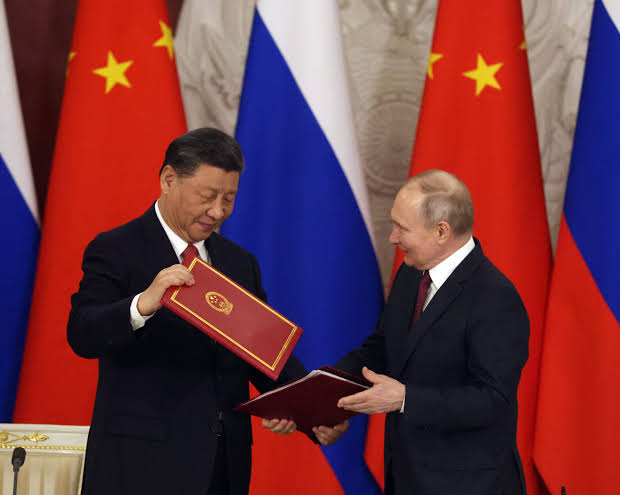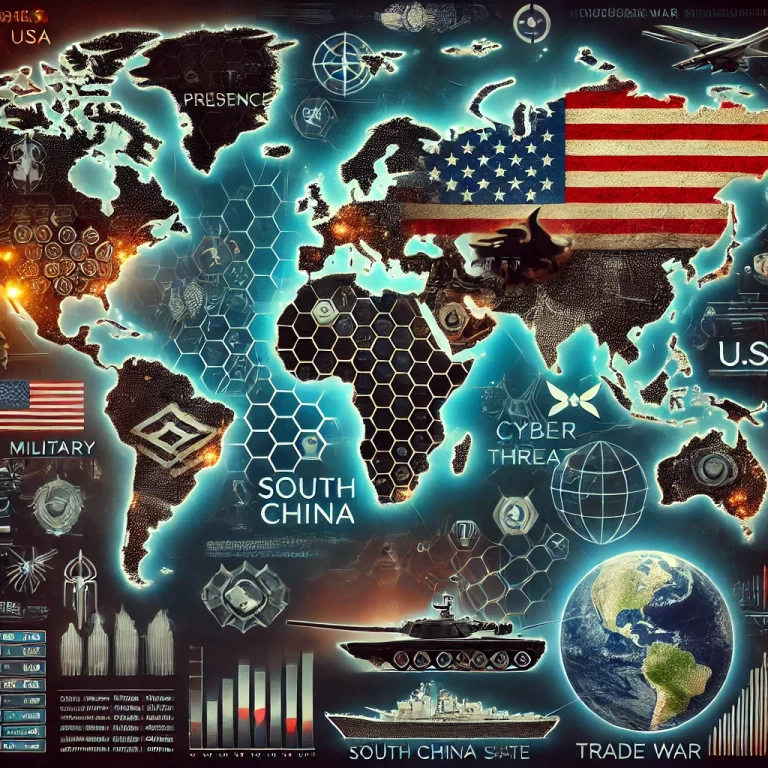
No, Russia Isn’t Training With China In Relation To Taiwan
China already has the world’s largest navy by the US’ own admission, while the US itself has a sizeable number of air, land, and sea forces in Japan, South Korea, and increasingly in the nearby Philippines.
There’s no way that Russia could make a positive difference on China’s side anyhow even if it wanted to, nor that it would risk World War III over an island on the other side of Eurasia, let alone after China declined to help it beat NATO in Ukraine.
Director of National Intelligence Avril Haines told Congress last week that “We see China and Russia, for the first time, exercising together in relation to Taiwan and recognizing that this is a place where China definitely wants Russia to be working with them, and we see no reason why they wouldn’t.” This is untrue several reasons that’ll be touched upon in this piece, first among them being that Russia would struggle to assist China in any operation to forcibly reunite with that island even if it wanted to.
Its Pacific Fleet’s base in Vladivostok means that ships must either pass through the Tsushima Strait and along the Ryukyu Islands to reach Taiwan or go all the way around the Japanese Home Islands, both routes of which are controlled by the US and its regional allies’ forces. The same goes for its aircraft. Russia has shown no willingness to risk a standoff with America over their proxy war in Ukraine, which is of integral national security interest to it, so it’s improbable that it’ll risk this over Taiwan.
Even in the political fantasy that Russia decides to risk World War III over an island halfway across the supercontinent that a neighboring nation claims as its own, it simply doesn’t have the conventional capabilities in that theater to make a positive difference on China’s side.
Second, even in the political fantasy that Russia decides to risk World War III over an island halfway across the supercontinent that a neighboring nation claims as its own, it simply doesn’t have the conventional capabilities in that theater to make a positive difference on China’s side. Unless it decides to launch a first nuclear strike, which is against its doctrine since none of the criteria would be met, the number of forces it could commit to that campaign would pale in comparison to everyone else’s.
China already has the world’s largest navy by the US’ own admission, while the US itself has a sizeable number of air, land, and sea forces in Japan, South Korea, and increasingly in the nearby Philippines. Its growing militarization of the “first island chain” represents the tightening of a containment noose around China that won’t be broken by a few Russian ships, planes, and subs as was earlier explained. It’s unimaginable that Russia would risk its crews’ almost certain death just to signal support for China.
And finally, it would be an extremely lopsided decision to do so in any case after China has done nothing meaningful to help Russia achieve its military goals in the special operation. It was explained last month that “Alleged Chinese Military & Intelligence Aid To Russia Isn’t What Bloomberg Makes It Out To Be”, and both the Russian-banned Insider and the Washington Post previously alleged that Taiwan is actually Russia’s main source of machine tools nowadays, not China.
Furthermore, it can be argued that Russia’s grand strategic interests cynically rest in the Sino-US front of the New Cold War continuing to kindle but remaining below the threshold of a hot war, which would help gradually draw America’s focus away from the European and back towards the Asia-Pacific. Likewise, China’s cynically rest in the NATO-Russian front continuing to kindle but remaining below the threshold of a hot war as well, thus explaining why Beijing won’t meaningfully help Moscow win.
With these arguments in mind, it’s absolutely unrealistic to expect Russia to participate in any Chinese operation aimed at forcefully reuniting with Taiwan. There’s no way that Russia could make a positive difference on China’s side anyhow even if it wanted to, nor that it would risk World War III over an island on the other side of Eurasia, let alone after China declined to help it beat NATO in Ukraine. US spies are just looking for an excuse to fearmonger about Russia and justify more spending for the American Navy.
_________________
Political Analyst, Dr Andrew Korybko is a regular contributor to the Sixteenth Council Insights



